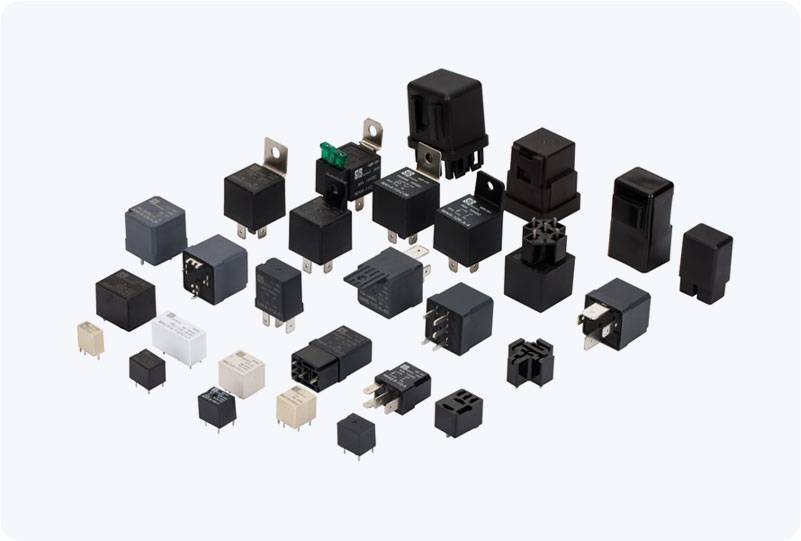A Ground Fault Relay (GFR) is an essential protective device in electrical systems, designed to detect and respond to ground faults, ensuring the safety of both equipment and personnel. A ground fault occurs when an unintended connection is made between an electrical system and the ground. This can cause dangerous situations, such as electric shock hazards to humans, fire risks, and equipment damage. The Ground Fault Relay acts as an early warning system, detecting these faults and triggering protective actions, such as disconnecting the power supply, to mitigate potential damage.

What is a Ground Fault? A ground fault is a type of short circuit where an electrical current flows from an energized conductor to the ground or to a grounded surface. This can happen due to various reasons, such as insulation failure, wire damage, or equipment malfunction. When a ground fault occurs, it can create serious hazards, such as: Electric shock risks to people who come into contact with grounded equipment. Overheating of electrical components, potentially leading to fire. Damage to electrical systems, including transformers, motors, and circuit boards. To avoid these dangers, a Ground Fault Relay is used to detect these faults and ensure the system remains safe.